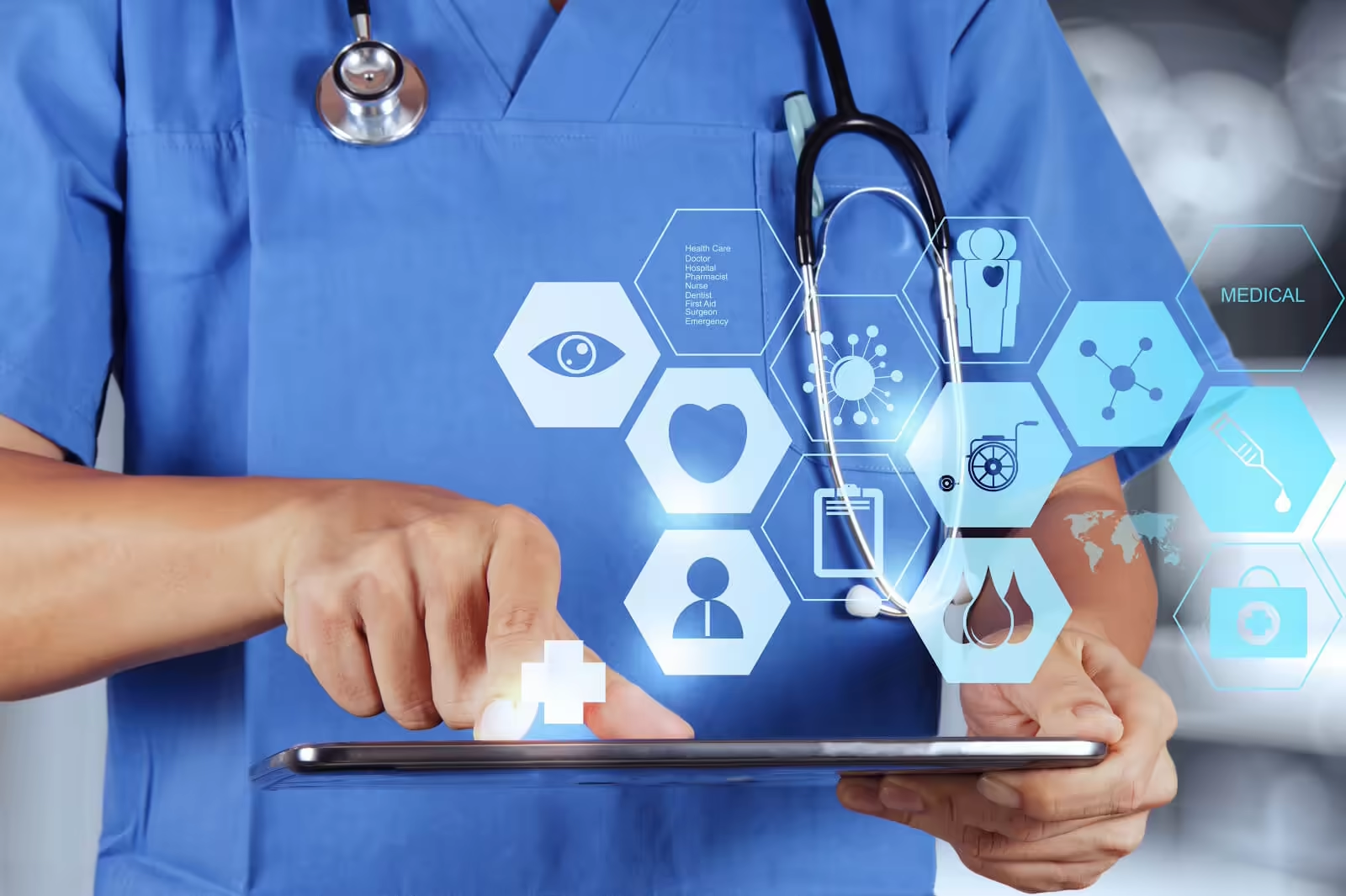In today's age, it has become increasingly important for medical education to incorporate a Learning Management System (LMS). As technology advances and healthcare practices evolve, educational institutions must take an approach to healthcare learning. This article will delve into the advantages of integrating an LMS into education and how it can enhance the overall learning experience for students.
1. Improving Accessibility and Flexibility
Integrating an LMS in medical education ensures that course materials are readily accessible at any time and from anywhere. Students can access resources on their laptops, smartphones, or tablets with various devices and platforms. This flexibility allows students to review lessons during their commutes or when they are off campus. Therefore, using HealthStream Learning Center LMS or any other similar system is crucial to improving medical education.
Additionally, an LMS caters to diverse learner preferences by offering resources that accommodate learning styles and abilities. Whether it's providing lecture transcripts or interactive quizzes and videos, the LMS ensures that all students can benefit from these resources.
2. Encouraging Collaborative Learning Opportunities
By incorporating an LMS, medical students have the opportunity to engage in learning experiences. Students can actively participate in discussions with their peers through discussion boards, chatrooms, and virtual classrooms within the platform. These interactions enable them to share insights, seek clarification on challenging topics, and collaborate on projects together.
Collaborative learning plays a significant role in fostering participation and developing critical thinking skills among medical students, which are vital for their professional growth. Through interaction within a Learning Management System (LMS), medical students can expand their network beyond the confines of classrooms.
3. Thorough Monitoring of Student Progress
By implementing an LMS, faculty members gain the ability to closely monitor the progress of students throughout the duration of a course. Using the features offered by the system, instructors can keep track of attendance records, assess completion rates for assignments and assessments, and identify areas where additional support may be needed.
Real-time data on each student's performance empowers instructors to intervene promptly when observing struggling learners or detecting patterns that indicate unmet needs. This personalized feedback and support significantly enhance student success rates.
4. Streamlined Curriculum Management
The integration of an LMS into medical education simplifies curriculum management for institutions. Gone are the days when complex schedules had to be handled, and large classrooms had to be coordinated.
With an LMS in place, faculty members can efficiently automate the distribution of course materials, create calendars for students displaying upcoming deadlines, and even record grades directly within the system. This streamlined approach to curriculum management allows instructors to devote time to engaging with students rather than being burdened by administrative tasks.
5. Continuous Professional Development for Faculty
Continuous professional development plays a significant role for faculty members. Integrating a Learning Management System (LMS) brings benefits not only to the students but also to the educators themselves. With an LMS, medical educators can update their modules in time, incorporating research findings, cutting-edge techniques, and emerging trends in healthcare practices. Among these emerging trends, healthcare revenue cycle automation stands out as a pivotal area. This technology streamlines financial operations and enhances efficiency, offering a practical application of theoretical knowledge in a real-world healthcare setting.
Faculty members can further enhance their knowledge by participating in online forums or attending webinars led by experts in their respective fields. This continuous professional development directly translates into delivering up-to-date and relevant information to students.
6. Engaging Multimedia Resources
In education, textbooks have always been considered the primary resource. However, integrating multimedia resources within an LMS can greatly enhance learning outcomes. By including animations, diagrams, virtual reality simulations, and video tutorials, students gain an understanding of complex medical concepts.
Engaging multimedia resources cater to learning styles and increase student motivation through interactive and immersive experiences. They provide an approach to learning that goes beyond relying solely on textual materials.
7. Interactive Assessments
Furthermore, an LMS offers diverse assessment methods beyond exams. These interactive assessments not only increase engagement among students but also improve evaluation accuracy.
Students actively engage in their learning process by incorporating features such as quizzes that provide feedback and case-based scenarios that require critical thinking skills. Additionally, online assessments enable faculty members to track progress through data analytics. This data-driven feedback allows instructors to make adjustments for an optimized learning experience.
Conclusion
The integration of a Learning Management System (LMS) in education enhances accessibility and flexibility but also fosters collaborative learning and comprehensive monitoring of student progress. Moreover, the LMS serves as a tool for managing the curriculum and facilitating continuous professional development for faculty members. The inclusion of multimedia resources and interactive assessments ensures that students receive a rounded experience. Embracing an LMS empowers institutions to take an approach to healthcare learning, equipping future medical professionals with the necessary skills for success in their field.



